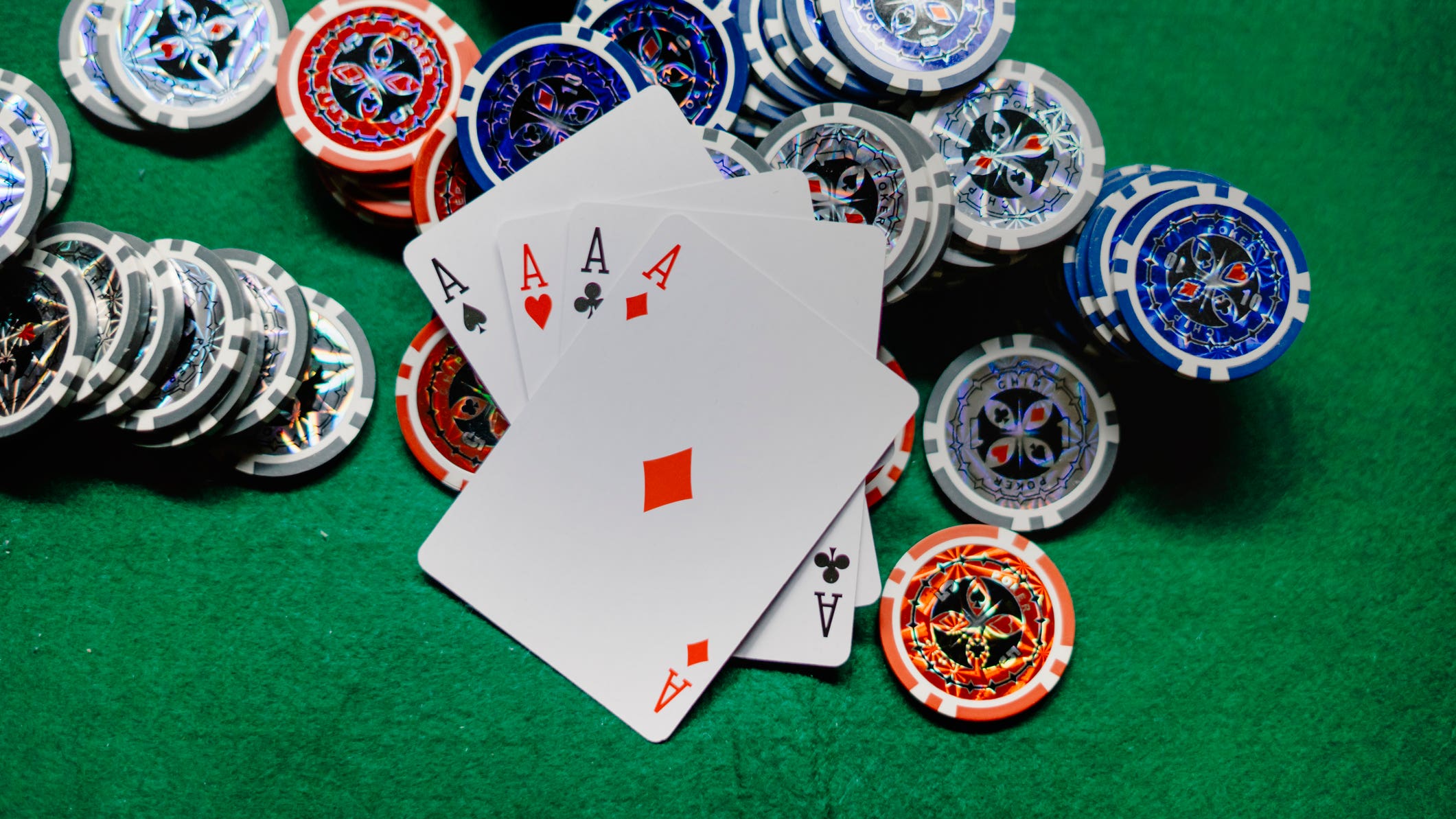A Enigma of Casino Game Beliefs

In the world of gambling, in which chance and strategy intersect, a unique tapestry of beliefs emerges—one that weaves together luck, fate, and the enigmatic nature of casino games. Casinos, bustling with excitement and anticipation, are not just spaces for placing bets; they are also arenas in which superstitions thrive. From the novice player to the seasoned gambler, these mysterious practices often shape how individuals approach the games they play, believing that their actions can affect the outcome in ways that go beyond mere probability.
As players gather around roulette wheels, blackjack tables, and slot machines, the atmosphere is thick with stories of lucky charms, rituals, and codified behavior that defy logic yet provide a sense of comfort. Whether it’s wearing a specific outfit, following a particular sequence of bets, or even avoiding certain numbers, the attachment to various superstitions reflects a deep-rooted desire to manipulate the uncontrollable. This article delves into the captivating world of casino game superstitions, investigating the beliefs that both entertain and mystify those who dare to play.
Historical Beginnings of Superstitions
Betting activities have long been interwoven with an array of superstitions that trace to primitive civilizations. The origins of these beliefs can be connected to humanity’s fundamental desire to influence the unpredictable outcomes related with luck and uncertainty. In ancient civilizations, activities of uncertainty were often linked to religious practices. Players would call upon aid or request favor from gods, believing that their actions could influence the results in their favor. This foundation laid the groundwork for the myriad of superstitions that spread as betting evolved over ages.
During the medieval period, betting became a popular activity across Europe, and with it, a colorful tapestry of superstitions developed. Participants adopted numerous rituals and charms, believing they could affect the consequences of games. The importance of numbers, in particular, started to show in superstitions related to card games and dice. The number seven was often considered favorable, while different numbers carried bad connotations. These ideas mirrored the social contexts of the time, evolving as they passed through generations and transformed to different gaming environments.
As gambling houses emerged in the seventeenth century, particularly in Italy and the French nation, the atmosphere surrounding betting became imbued in mystique. The growing availability of gambling activities allowed for the dissemination and variation of superstitions among players. Concepts like lucky charms, special seating locations, and rituals gained prominence, creating a distinct culture within casinos. As these practices continued to thrive, they became fundamental to the essence of casino games, illustrating how historical developments and culture shape the notions that influence how gamblers connect with fortune.
Widespread Casino Superstitions
Beliefs surrounding casino games are plentiful and varied, mirroring the hopes and anxieties of gamblers as they participate in random activities. One of the most common views is that certain numbers bring luck or bad luck. For example, the digit 7 is often seen as a lucky number, frequently sought after by gamblers looking for a favorable outcome. Conversely, the number thirteen is routinely considered cursed, leading many gamblers to avoid it during their gambling periods.
Another common superstition relates to rituals that gamblers believe can affect their chances. It could be blowing gently on the dice before a throw, using a specific hand to place a wager, or even wearing specific items of clothing, many people feel that these rituals can sway fate in their favor. These practices offer a feeling of power in an otherwise random environment, reinforcing the idea that fortune can be created through personal beliefs and habits.
Lastly, the environment and vibe of the casino itself adds to superstition. Many gamblers suggest that the presence of specific symbols, such as four-leaf clovers or fortunate coins, can enhance their chances of winning. Additionally, gamblers might adhere to the belief that victory streaks can be interrupted by mundane events, such as someone passing by or a spill at the gaming surface. The shared environment in a casino can amplify these superstitions, creating a communal culture of myths that goes beyond individual experiences.
Impact of Superstitions on Players
Beliefs play a significant role in the mindset of casino players, often affecting their behavior and choices. A lot of gamblers think that luck can be influenced through various rituals, such as donning a talisman, selecting specific colors, or steering clear of particular digits. This dependence on superstitions can create a sense of authority in an environment that is intrinsically unpredictable. Players frequently feel more self-assured and involved when they feel that their actions could sway the result of a game in their favor.
The influence of these superstitions extends beyond singular players, affecting the general atmosphere within the casino. For instance, a player who holds the belief in the luck of a particular slot machine might draw a gathering, as onlookers are intrigued by their apparent luck. This shared belief can amplify excitement and create a lively environment, leading to an interesting experience even for those who may not necessarily be superstitious. http://8kbet52.com/ The buzz around specific games can lead to higher participation and extended playing sessions, supporting the casino’s lively social scene.
In some instances, superstitions can lead to negative effects for players. Depending too much on rituals can result in bad gambling decisions, as some may ignore basic strategies in favor of baseless beliefs. Additionally, the stress to perform rituals may increase anxiety and stress levels, detracting from the pleasure of the experience. Ultimately, while superstitions can enhance the excitement of playing casino games, they can also lead to unwise choices that overshadow the enjoyment and entertainment intended in the casino experience.
